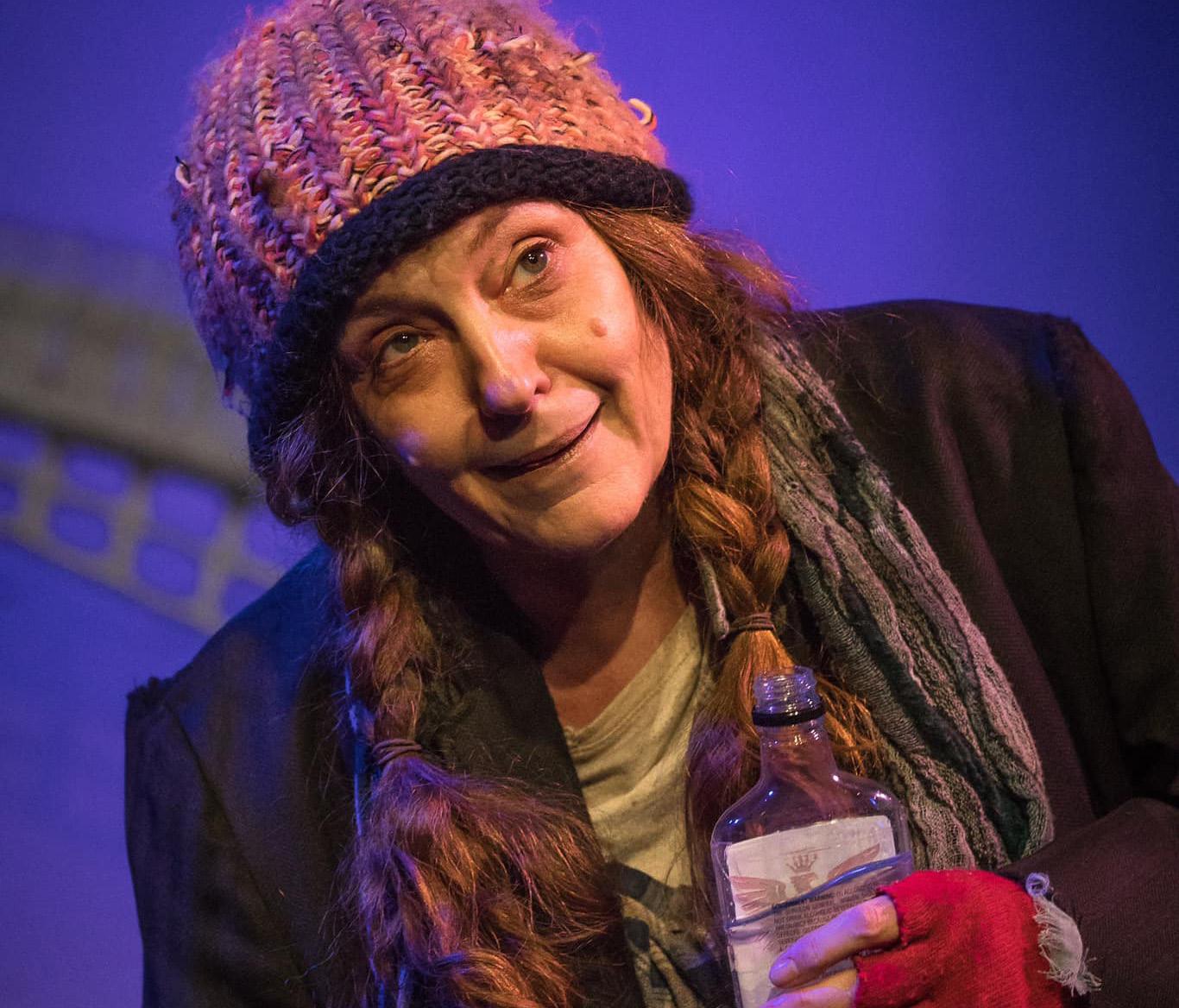
3 minute read
MASTER GARDENER
When devout gardener Narvel Roth (Joel Edgerton) wants his staff to inspect a handful of dirt, he tells them to smell and kiss the soil; inhale the scents of animal, vegetable and mineral, he insists. What drives such discipline? When we see the swastika tattoos covering Narvel’s back, we begin to understand. Once a white supremacist, Narvel turned on his fellow neo-Nazis. Now sequestered in a witness protection program, he quietly and diligently tends to Gracewood Gardens, the verdant estate of the imperious Norma Haverhill (Sigourney Weaver). Racially insensitive, sexually ravenous, and baffled by the internet, Norma is a crude caricature of a wealthy old white woman—just as her drug-addicted grandniece Maya (Quintessa Swindell) is a crude caricature of a disenfranchised Black millennial. Director Paul Schrader’s illustrious career (from writing Taxi Driver to directing First Reformed) clearly hasn’t taught him much about women, but the deeper he digs into Narvel’s broken soul, the more persuasive Master Gardener becomes. “I was raised to hate people who were different than me,” Narvel says. Determined to nurture life instead of destroying it, he embraces gardening as both a path to joy and an act of penance. Can it lead to redemption? A radiant, hallucinogenic image of Narvel surrounded by pink blossoms gleaming in the night offers hope. Master Gardener may not fully earn its tender conclusion, but its faith in the power of both plant and human life to radically transform is profoundly moving. At 76, Schrader has learned what many of his filmmaking peers never have: that dreaming up a happy ending, not unlike gardening, is hard and worthy work. R. BENNETT CAMPBELL FERGUSON. Clackamas, Laurelhurst.
The Eight Mountains
Advertisement
You Can Live Forever
:
The luminous cinematography of Ruben Impens takes the lead until filmmakers Charlotte Vandermeersch and Felix van Groeningen allow their characters to wrestle it back in this adaptation of Paolo Cognetti’s 2016 novel, which took home a Jury Prize at last year’s Cannes Film Festival. The film embarks on a four-decade journey with Pietro (Lupo Barbiero), whom we first met as an 11-year-old city kid in 1984. His family has rented a house in a small mountain village for the summer. There, he’s introduced to the only other child in town, Bruno (Cristiano Sassella), who lives and works with his aunt and uncle. Each summer, Pietro returns, cultivating their friendship until they’re separated by diverging paths not of their choosing. Then, the boys reunite several years later, with unspoken envy frustrating any efforts to recapture that idyllic childhood connection. As the film progresses, the captivating imagery washes away, revealing a gruff reality resulting from the characters’ inability to communicate and the hidden traumas caused by their fathers. The oscillating nature of their friendship gets tedious over the two-and-a-half-hour runtime, but the film movingly explores family and identity, asking, “Can we truly ever go home again?”
NR. RAY GILL JR. Cinema 21.
Jamie (Anwen O’Driscoll) is a teenager who moves to small town Quebec in 1992—and is forced to acknowledge, with some awkwardness, that the relatives she’s moved in with are Jehovah’s Witnesses. On the plus side, Jamie quickly connects with Marike (June Laporte), a sweet girl who’s also a hardcore Jehovah’s Witness, despite their obvious sexual chemistry. Viewers are more likely to watch You Can Live Forever for the lesbian coming-of-age story than any kind of commentary on Jehovah’s Witnesses (Marike’s sincere positivity toward her faith muddles any interpretation of the film as an attack on a belief system). On that front, You Can Live Forever delivers well enough. The film tells a sad yet nostalgic story that’s likely to resonate with many young moviegoers, whatever their sexual or religious orientations. Even the small-town Quebec backdrop mainly serves to accentuate a sense of joy in the midst of Jamie’s loneliness. NR. WILLIAM SCHWARTZ. On demand.
Carmen
Carmen has been devouring men since the 19th century, and we can count first-time director Benjamin Millepied among them. The opera by French composer Georges Bizet that brought this femme fatale turned modern-day feminist icon to life was a misunderstood masterpiece in its time, boldly critiquing race, power and gender. Subsequent adaptations have seen portrayals by Dorothy Dandridge (leading to her being the first African American to receive a Best Actress Oscar nomination, for 1954’s Carmen Jones) and introduced a 19-yearold Beyoncé Knowles to acting in MTV’s “so bad it’s kinda good” cult classic Carmen: A Hip Hopera (2001). In this Carmen, Millepied’s criminally underutilized rising star, Melissa Barrera (In the Heights, Scream VI ), is one of the few highlights of a scattered rendition with nothing to say. Attempts to mesh Millepied’s own choreography and the cinematography of Jörg Widmer fall flat, while Carmen is robbed of her arc and saddled with a tormented companion (Paul Mescal). Even the romance is seemingly born more from convenience than passion, with a potentially timely tale of an undocumented immigrant crossing the Mexico-U.S. border that does little more than move the plot from one location to the next. Carmen has an immersive score (by Nicholas Britell, Taura Stinson and Julieta Venegas), evocative dance sequences, and stunning visuals, but they paint a pretty picture that Millepied altogether fails to frame. R. RAY GILL JR. Living Room.
by Jack Kent


















